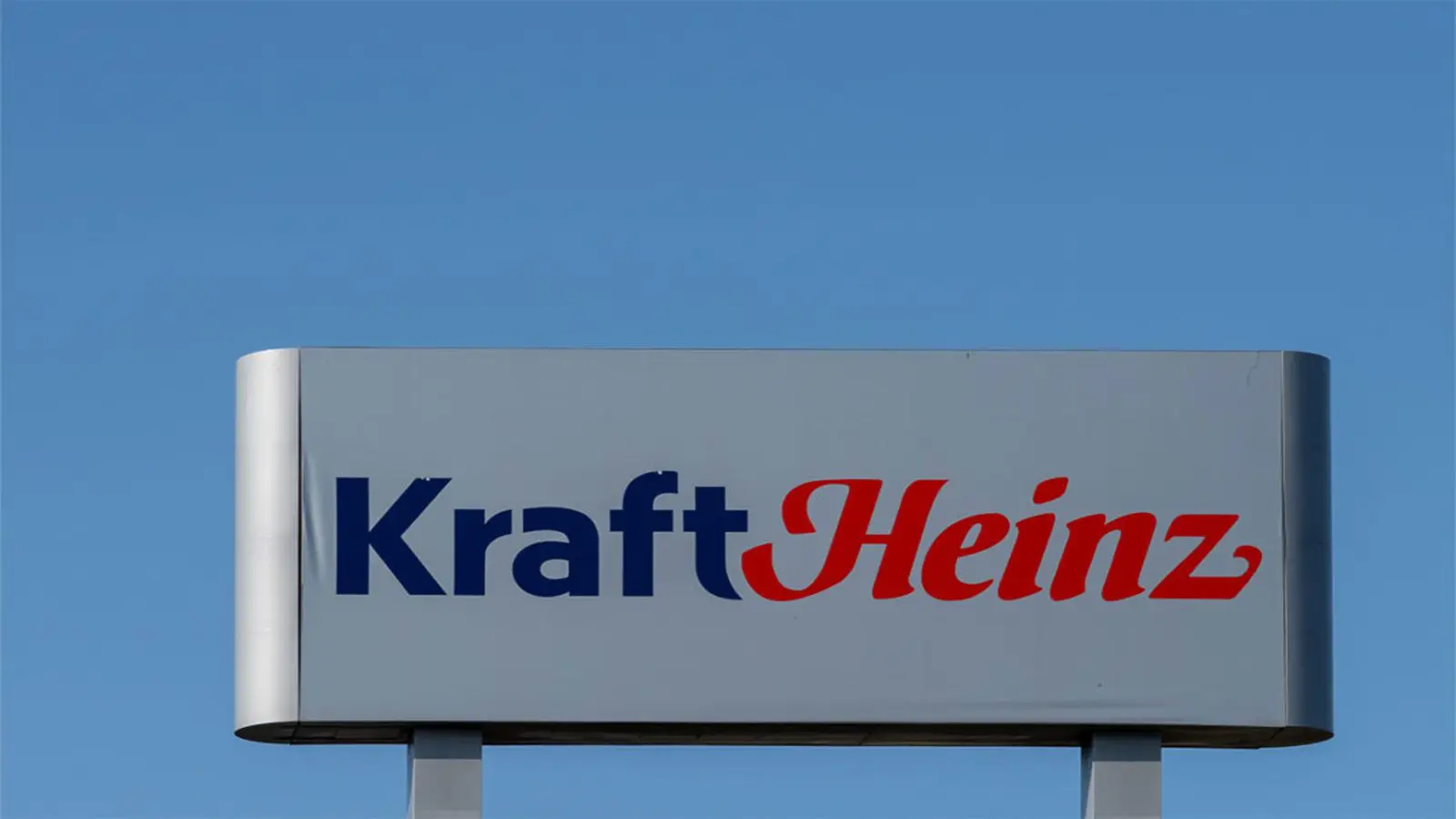Non-Governmental Organisations and foundations are known to have tackled issues that governments are unable or unwilling to take up. They are also known to have provided efficient, innovative and cost-effective approaches to difficult socioeconomic problems. Above all, they operate in spheres where government officials are constrained by bureaucratic or political considerations.
For instance, the British Heart Foundation recently called for a ban on “junk food” adverts being aired before 9pm, because research shows that 70 per cent of parents have been pestered into buying junk foods by their kids as a result of the kids seeing TV ads.
Mike Hobday, director of policy at the Foundation, said the foundation cannot allow companies to continue exploiting holes in the system at the expense of our children’s health. The Government must act now to help give children a stronger chance at fending off future heart disease,” the foundation director said.
Meanwhile, OpenStreetMap, a Charity or what is called an NGO that is largely funded by public donations conceived a project to create and provide free geographic data and mapping to anyone who wants them in creative, productive, or unexpected ways.
The organization saw that the Nigerian mapping industry is in shambles and Nigerian surveyors are only experts in 4-corner mapping projects. That is why ordinary people in Nigeria who are not Surveyors or have any formal education in mapping are invited to capture Nigerian road geometries using their Blackberry phones.
OpenStreetMap has provided the road network data for several countries across the world this way. This is considered innovation and working for the benefit of the people, something that is conspicuously missing from the dictionary of the Non-Governmental Organisations in Nigeria.
However, most Nigerians view foundation’s activities as pet projects that have little or no meaningful impact on the lives of the people, hence its sustainability could not be guaranteed especially probably because it was not a creation of expatriates or conglomerates who are often seen as possessing the means to meet the multiple challenges of the needy and the less- privileged in the society.
Truly, in recent times, many portfolio NGOs” have been formed in Nigeria for the sole purpose of attracting and channelling foreign funds to private ends. Such corrupt NGOs are always managed as family businesses with two or three members of staff and without a credible board of directors who can direct its activities. Unfortunately foreign donors do have a good knowledge of the internal dynamics of such dishonest organizations they sponsor.
As a matter of fact, the Federal Inland Revenue Service announced last year that Non-governmental organisations in the country are not exempted from paying taxes. This might have risen from insinuations that Nigerian NGOs are now perceived as a business venture.
Chijioke Evoh, a New York based writer said that despite the increase leverage of the African NGOs through their partnership with the western donors, the institutions have been grossly deficient in influencing sustainable development policies in the region. “Most NGOs in the region have policy advocacy as the cardinal objective of their operations. Unfortunately, their performance in this area remains poor. Part of the reasons for their deficiency in the area of policy advocacy are similar to the reasons responsible for the weaknesses of their national governments in planning and implementing sustainable development policies” Evoh said.
African NGOs have further been incapacitated by the ineffectiveness of most government agencies responsible for environment and development matters. This has been compounded by the apparent lack of stable, credible and organized democratic system of government in the region through which the NGOs can channel their policy proposals.
Evoh added that the effectiveness of African NGOs has been limited by corruption and lack of accountability. With most of their funds coming from foreign donors, many of their operations lack transparency.
Lisa Henry, Humanitarian Director of DanChurchAid (DCA), a major Danish NGO, in a publication of its annual corruption report said that the most effective way to fight corruption is to expose it. Nobody, (organisations or persons), likes to be mentioned in a corruption report.
It’s one thing to deal with corruption within an organisation but what about operations in territories where corruption, bribery, for example is ingrained in how business is done, for example corrupted police, non-transparent government structures and crooked judiciaries.
“From our own experience, attitude change can drive a change in behaviour. But this requires clear commitment from the bottom to top in an organisation” Henry reported.







Comment
No comments found.